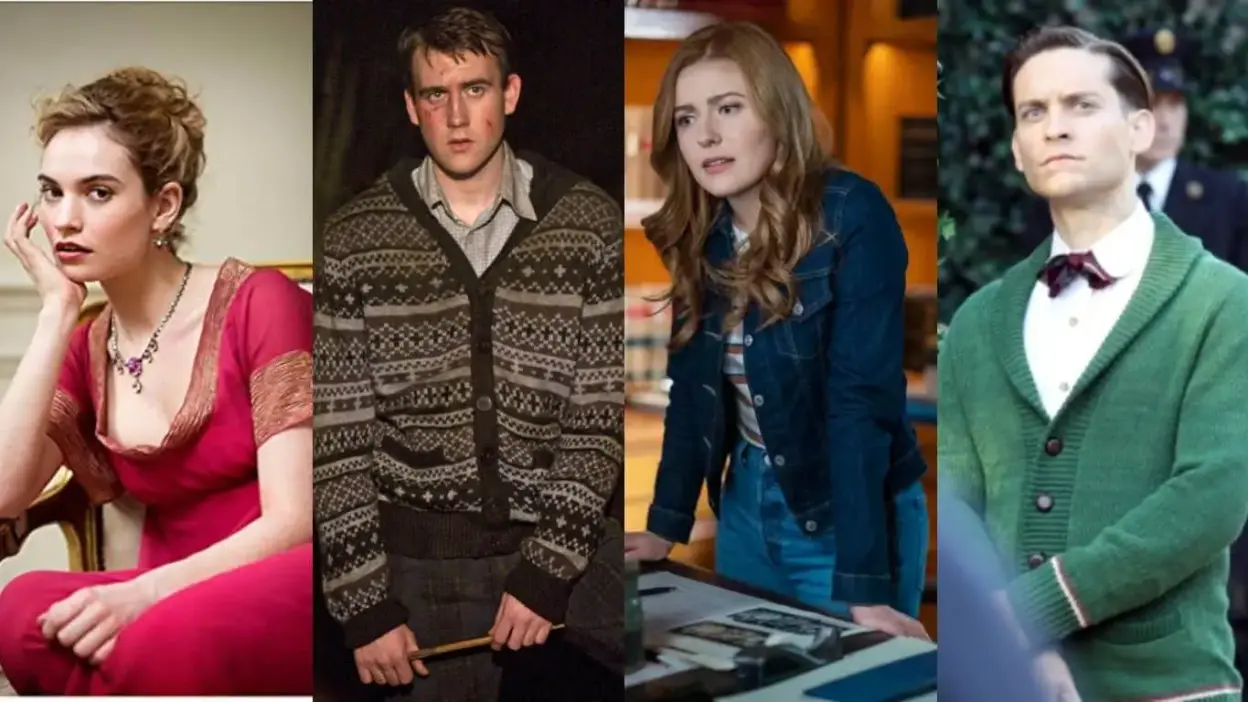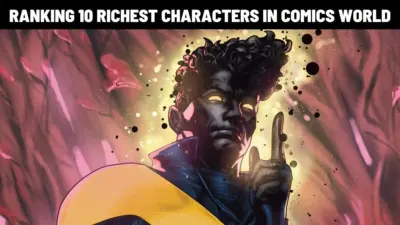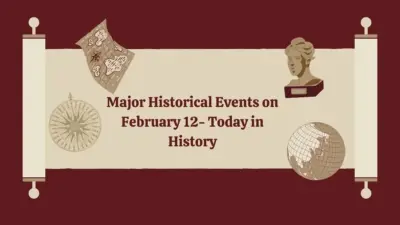From the cunning Napoleon to the courageous Neville Longbottom, characters whose names begin with ‘N’ have left an irreversible mark on readers’ minds. Let’s embark on a journey through the pages of literature to explore 10 Memorable characters from Books Whose Names Begin with ‘N’.
10 Memorable characters from Books Whose Names Begin with ‘N’
Neville Longbottom (J.K. Rowling’s “Harry Potter series”)
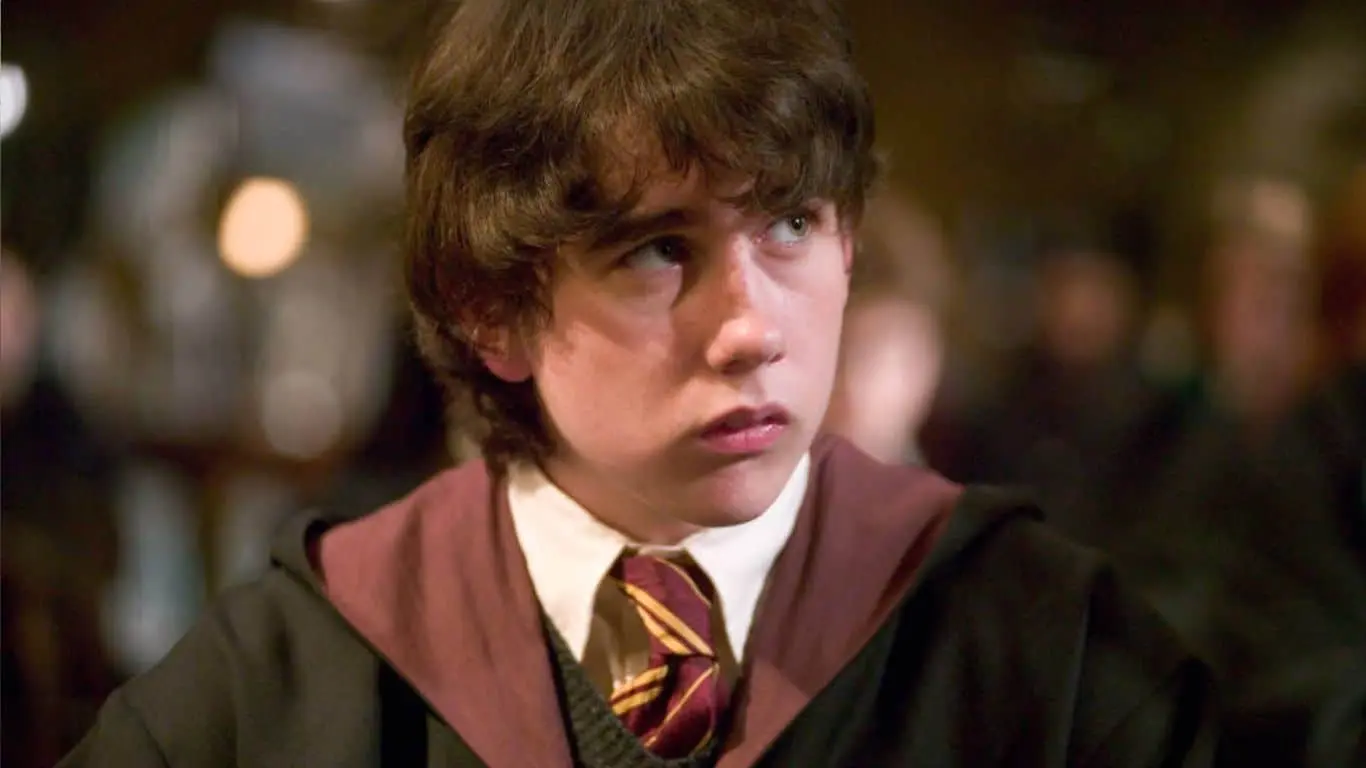
A cherished figure within the realm of J.K. Rowling’s Harry Potter series, Neville Longbottom embodies the quintessential underdog archetype. Initially portrayed as a timid and insecure student at Hogwarts School of Witchcraft and Wizardry, Neville’s journey is one of profound growth and self-discovery.
Throughout the series, Neville grapples with his own insecurities and familial expectations, yet ultimately emerges as a courageous hero who plays a pivotal role in the fight against the dark forces of Voldemort. His unwavering loyalty, resilience, and inner strength make him a beloved and inspiring character for readers of all ages.
Napoleon (George Orwell’s “Animal Farm”)
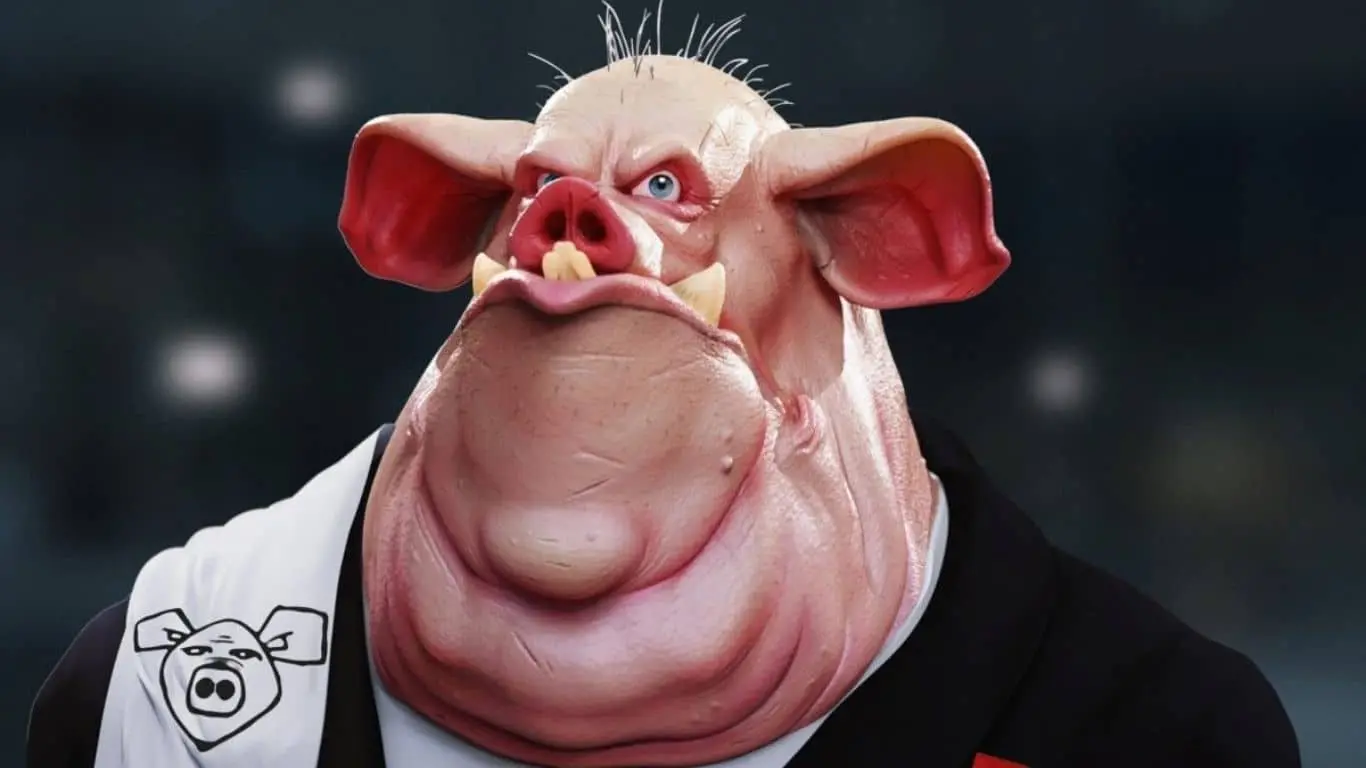
In George Orwell’s allegorical masterpiece “Animal Farm,” Napoleon emerges as a symbol of authoritarianism and the corrupting nature of power. Initially depicted as one of the revolutionary pigs who overthrow their human oppressors, Napoleon soon reveals himself to be cunning, manipulative, and power-hungry.
Through his Machiavellian tactics and totalitarian regime, Napoleon illustrates the inherent dangers of unchecked ambition and the erosion of ideals in the pursuit of power. Orwell’s portrayal of Napoleon serves as a stark warning against the dangers of tyranny and the importance of remaining vigilant against oppression.
Nora Helmer (Henrik Ibsen’s “A Doll’s House”)
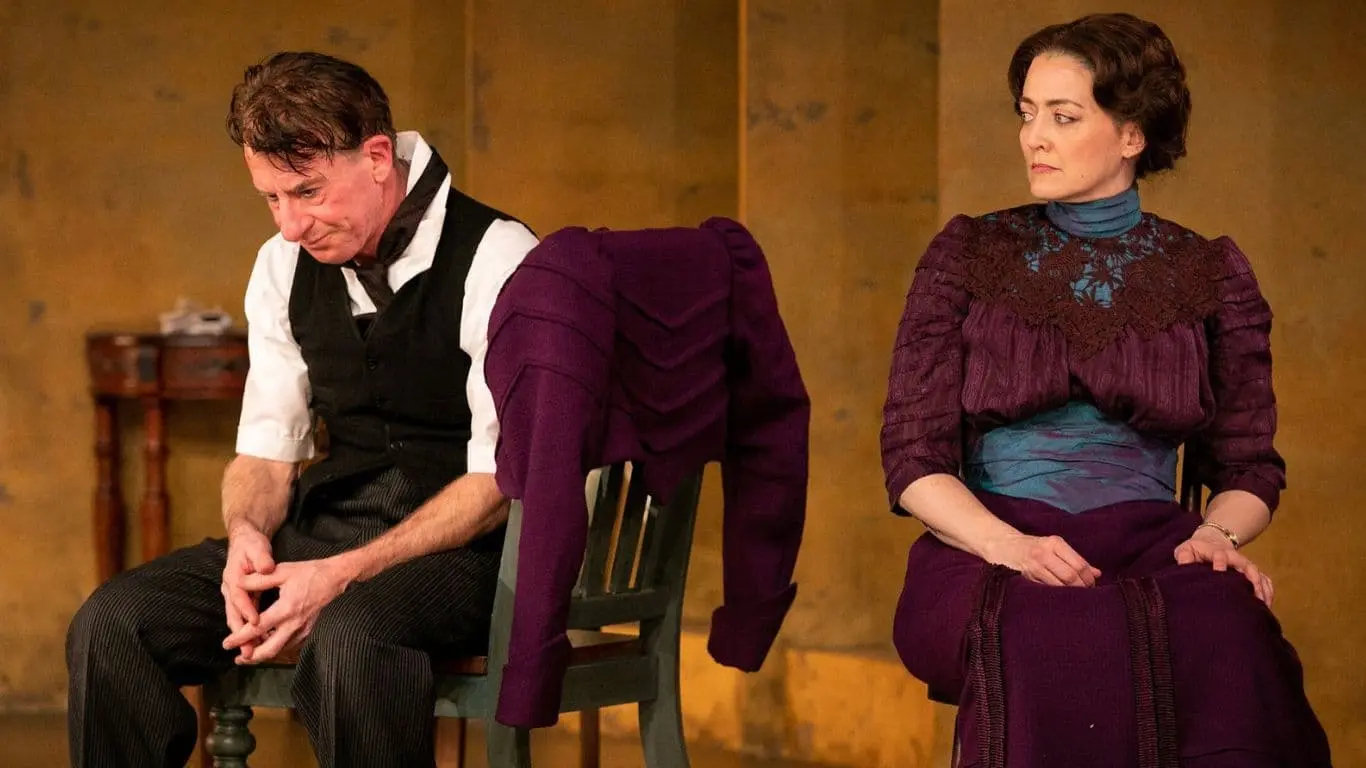
Henrik Ibsen’s groundbreaking play “A Doll’s House” introduces us to Nora Helmer, a complex and multidimensional character whose journey epitomizes the struggle for personal autonomy and self-realization. Initially portrayed as a dutiful wife and mother conforming to societal expectations, Nora’s facade of contentment begins to unravel as she grapples with issues of identity, agency, and societal norms.
Her decision to confront her husband and assert her independence in the play’s climactic ending resonated deeply with audiences of the time and continues to provoke discussion and debate to this day. Nora’s courage and determination to forge her own path serve as a timeless reminder of the importance of self-discovery and authenticity in the face of societal constraints.
Nancy Drew (Carolyn Keene’s “Nancy Drew Mystery Stories”)
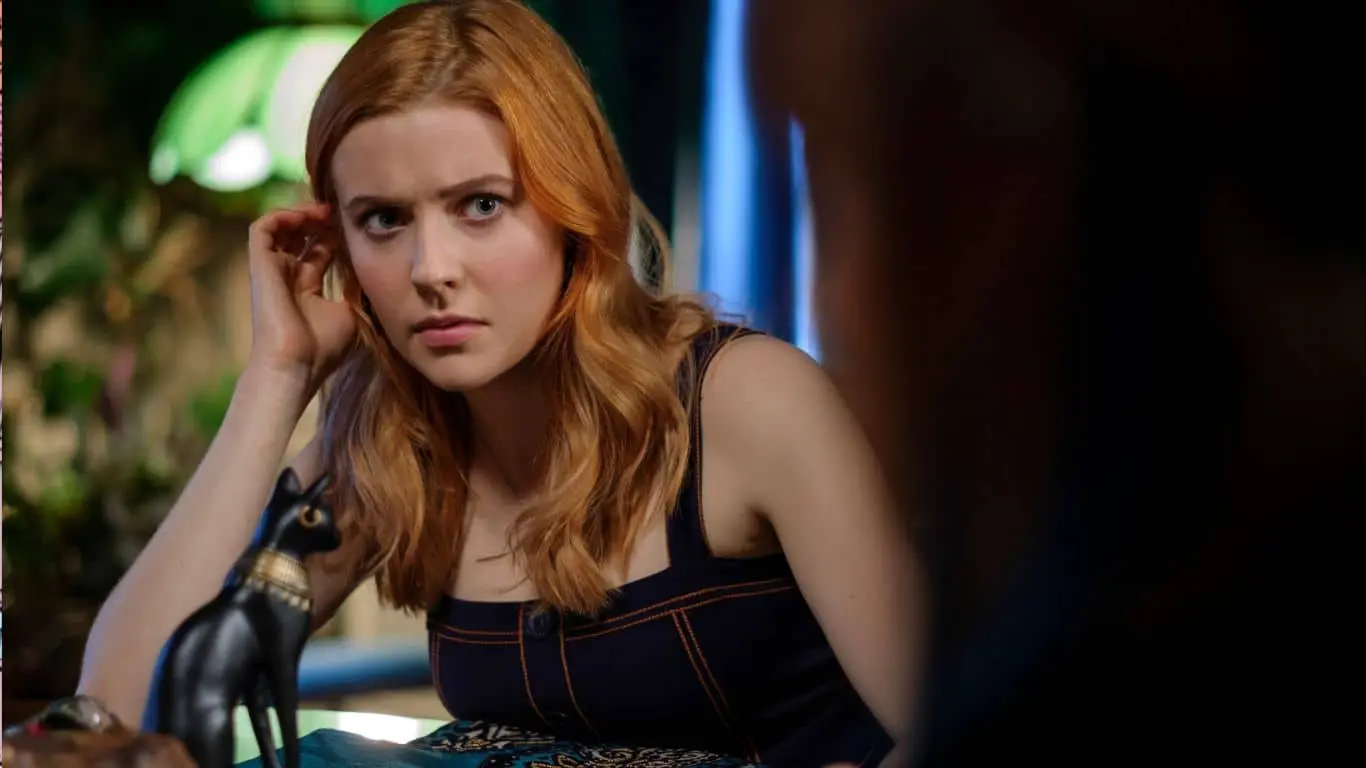
The indomitable Nancy Drew, the titular character of Carolyn Keene’s iconic mystery series, has captivated readers for generations with her intelligence, resourcefulness, and unwavering determination. As a teenage detective, Nancy fearlessly tackles perplexing mysteries and solves crimes with aplomb, earning her a reputation as one of literature’s most beloved heroines.
With her sharp intellect, keen observational skills, and unwavering sense of justice, Nancy Drew embodies the spirit of adventure and empowerment, inspiring readers of all ages to pursue their passions and embrace their inner sleuth.
Nick Carraway (F. Scott Fitzgerald’s “The Great Gatsby”)
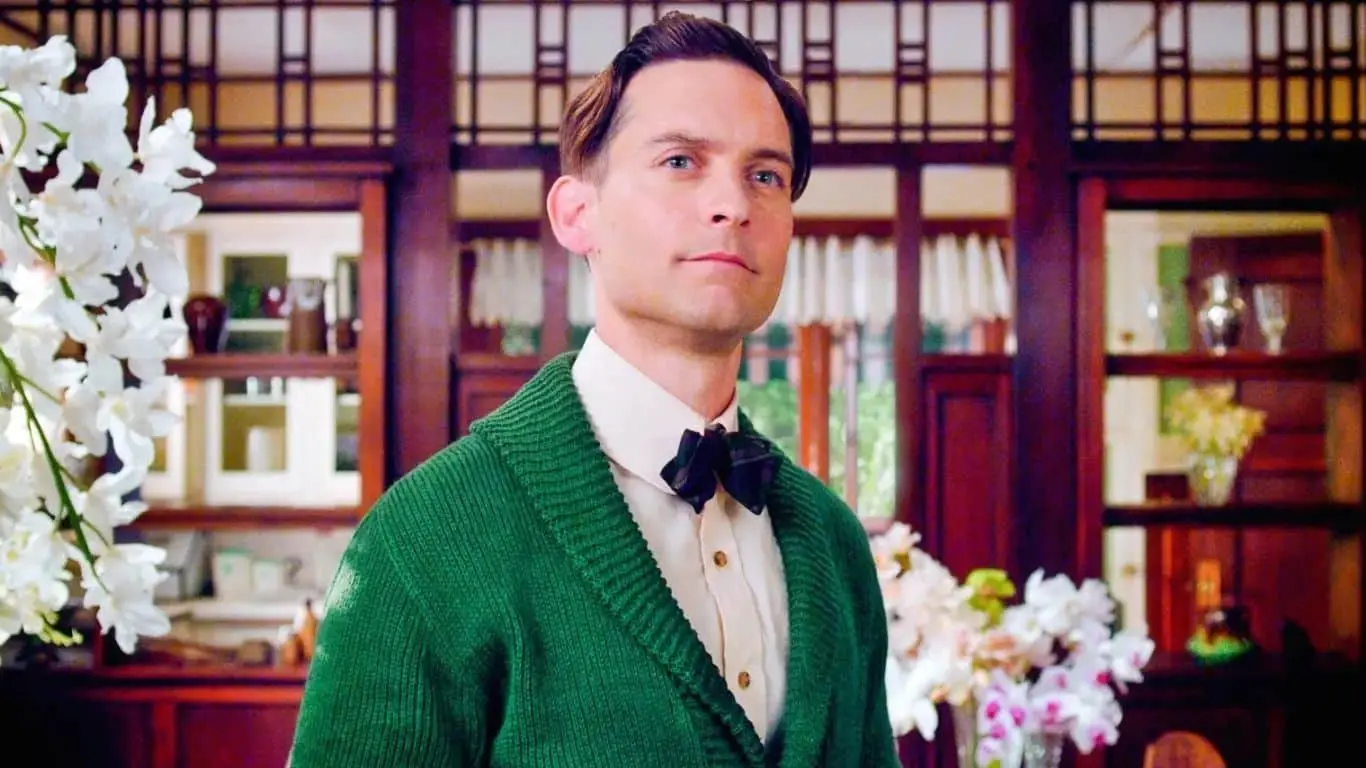
F. Scott Fitzgerald’s classic novel “The Great Gatsby” unfolds through the perceptive narration of Nick Carraway, a young man drawn into the opulent and tumultuous world of Jay Gatsby and the elite of 1920s Long Island. As both observer and participant in the decadent excesses of the Jazz Age, Nick provides readers with a nuanced and introspective lens through which to view the enigmatic figure of Gatsby and the tragic allure of the American Dream.
Through Nick’s narrative voice, Fitzgerald explores themes of disillusionment, moral ambiguity, and the elusive nature of happiness, inviting readers to contemplate the complexities of human nature and the pursuit of meaning in a world of shifting values.
Nastasya Filippovna (Fyodor Dostoevsky’s “The Idiot”)
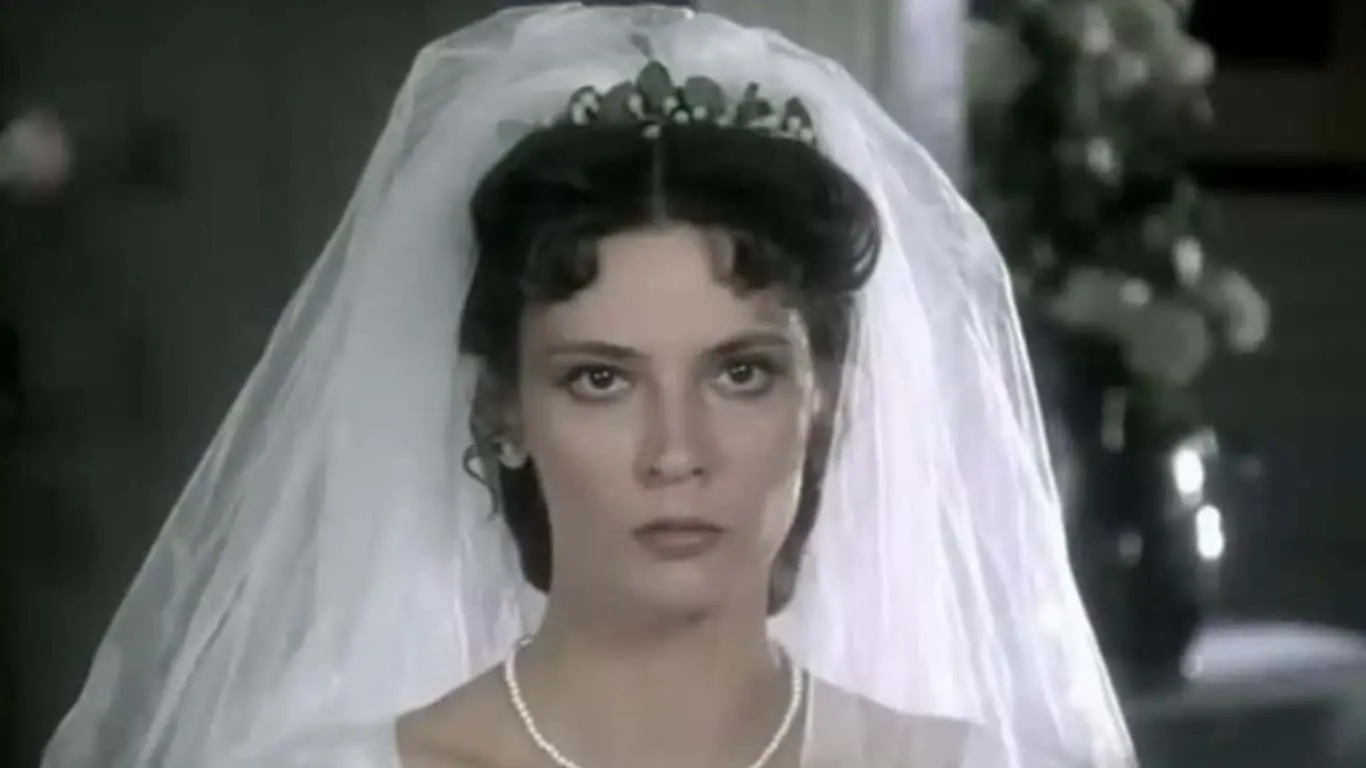
In Fyodor Dostoevsky’s masterful exploration of morality and redemption, “The Idiot,” Nastasya Filippovna emerges as a complex and enigmatic figure whose inner turmoil mirrors the broader existential questions that permeate the novel. As a woman torn between passion and self-destruction, Nastasya grapples with issues of love, desire, and societal expectations in a world fraught with moral ambiguity and spiritual longing.
Her tumultuous relationship with the novel’s protagonist, Prince Myshkin, serves as a focal point for Dostoevsky’s exploration of human nature and the eternal struggle between light and darkness. Through Nastasya’s character arc, Dostoevsky delves into the complexities of forgiveness, redemption, and the search for meaning in a world rife with suffering and uncertainty.
Natasha Rostova (Leo Tolstoy’s “War and Peace”)
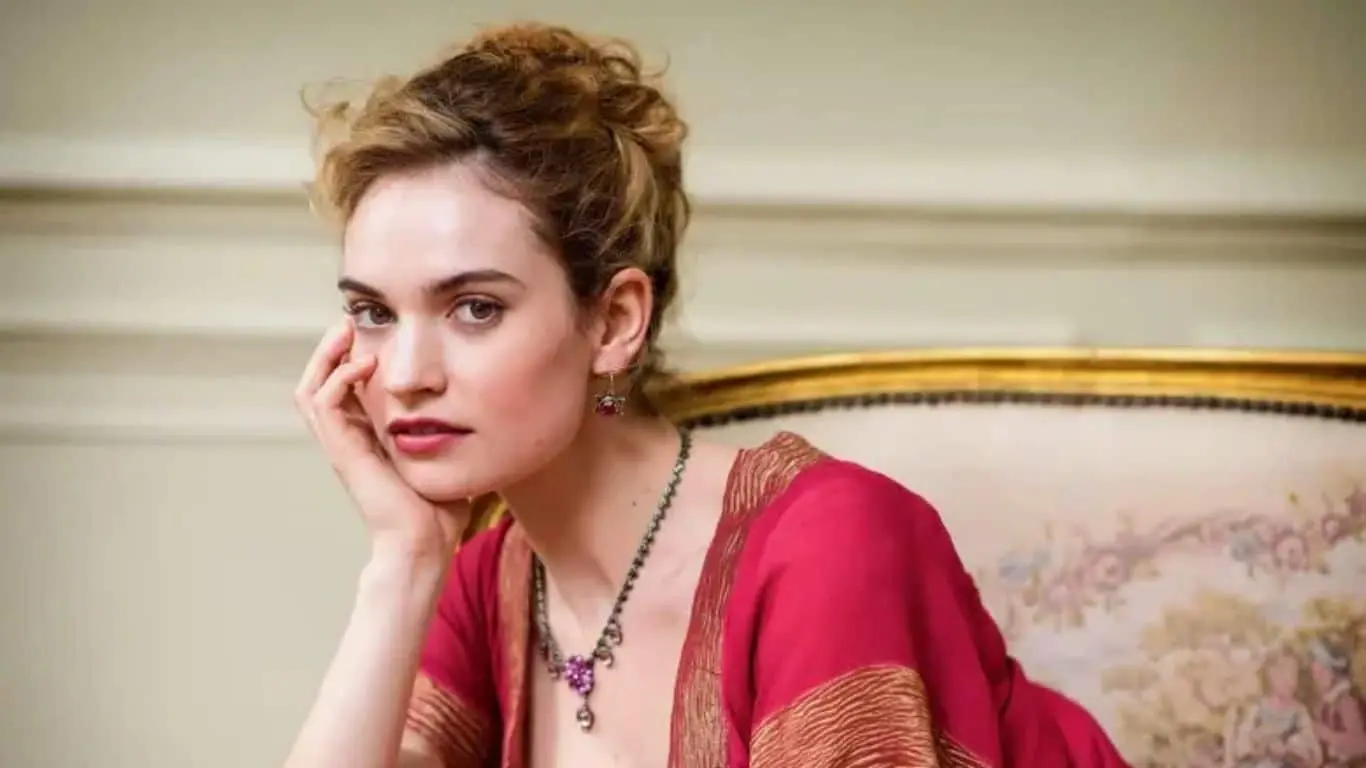
Leo Tolstoy’s epic novel “War and Peace” introduces us to the vibrant and spirited Natasha Rostova, whose journey unfolds against the backdrop of Napoleonic-era Russia. From her youthful exuberance and romantic entanglements to her trials and tribulations amidst the chaos of war, Natasha embodies the quintessential Russian soul, with all its passion, resilience, and capacity for love.
Through Natasha’s joys and sorrows, triumphs and tragedies, Tolstoy offers readers a panoramic exploration of the human experience, weaving together themes of love, destiny, and the inexorable march of history. As one of literature’s most enduring and beloved heroines, Natasha Rostova continues to captivate readers with her indomitable spirit and unwavering zest for life.
Natty Bumppo (James Fenimore Cooper’s “The Leatherstocking Tales”)
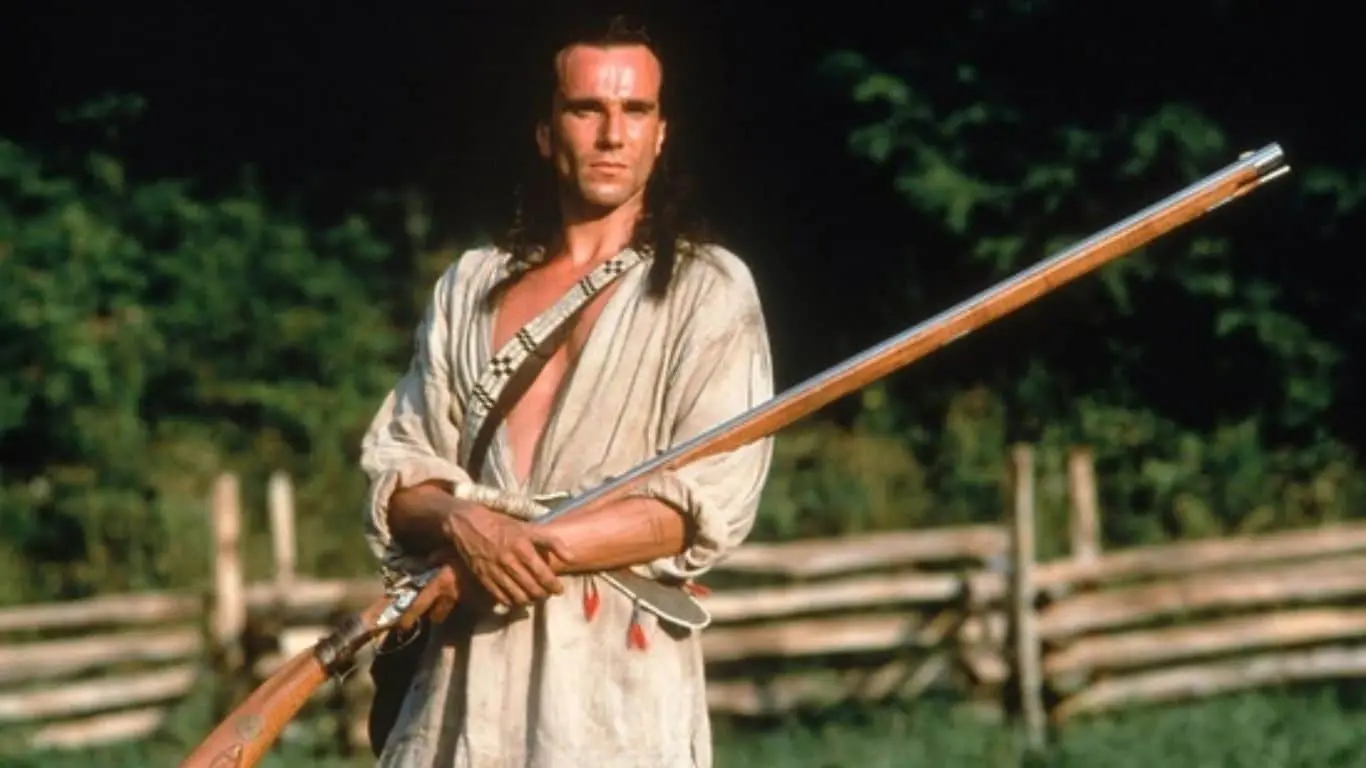
James Fenimore Cooper’s classic adventure series “The Leatherstocking Tales” introduces readers to Natty Bumppo, also known as Hawkeye, a rugged frontiersman and adventurer whose exploits unfold against the untamed wilderness of early America. With his steadfast principles, keen survival skills, and indomitable spirit, Natty Bumppo embodies the rugged individualism and pioneering ethos that define the American frontier.
From his encounters with Native American tribes to his epic journeys across the vast expanse of the wilderness, Natty Bumppo serves as a timeless symbol of courage, resilience, and the enduring spirit of exploration that shaped the American West.
Nora Seed (Matt Haig’s “The Midnight Library”)
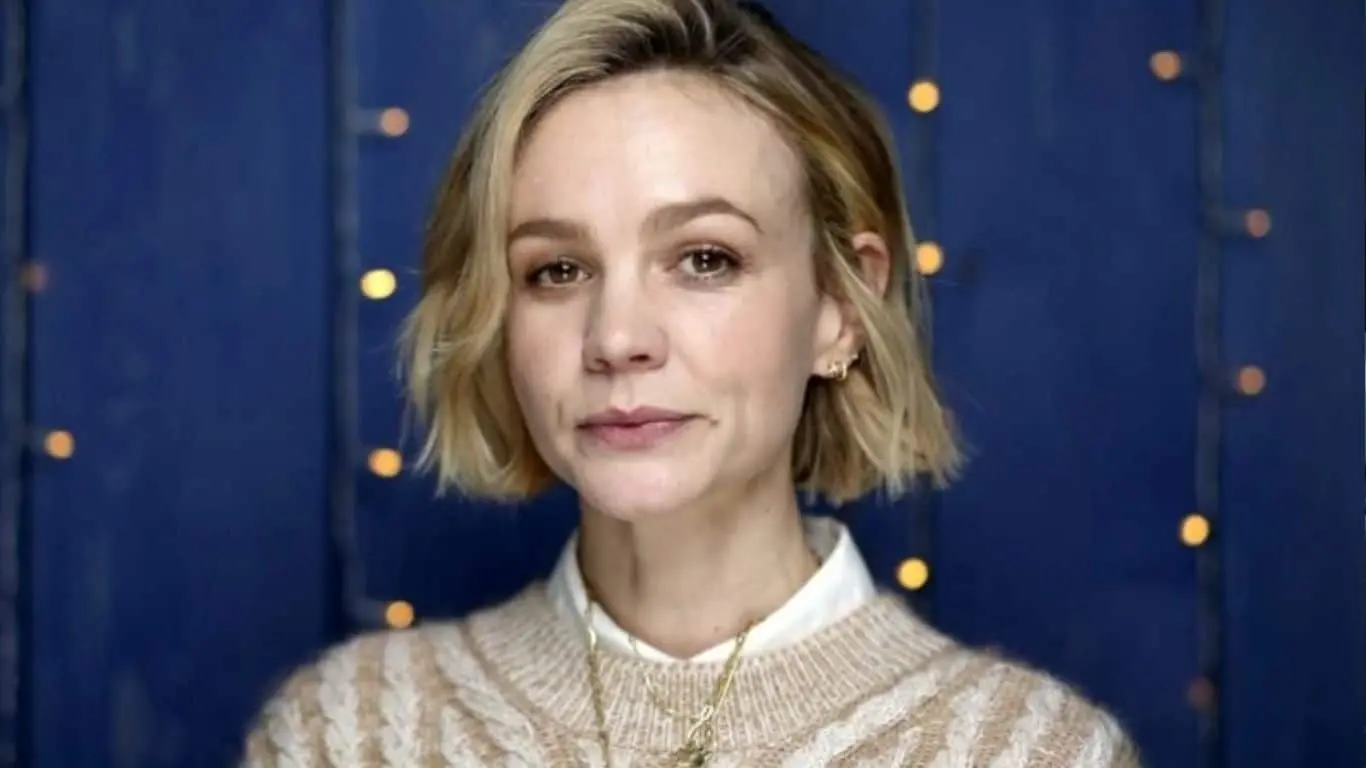
In Matt Haig’s poignant and thought-provoking novel “The Midnight Library,” Nora Seed embarks on a journey of self-discovery and second chances after discovering a mysterious library that offers her the opportunity to explore alternate versions of her life. Tormented by regret and disillusionment, Nora grapples with the weight of missed opportunities and unfulfilled dreams as she navigates the infinite possibilities of the Midnight Library.
Through Nora’s introspective journey, Haig invites readers to contemplate the nature of existence, the power of choice, and the profound impact of small decisions on the course of our lives. As Nora confronts her past, confronts her past, present, and future selves, she discovers the transformative power of self-acceptance, resilience, and the pursuit of meaning in the face of uncertainty.
Nick Dunne (Gillian Flynn’s “Gone Girl”)
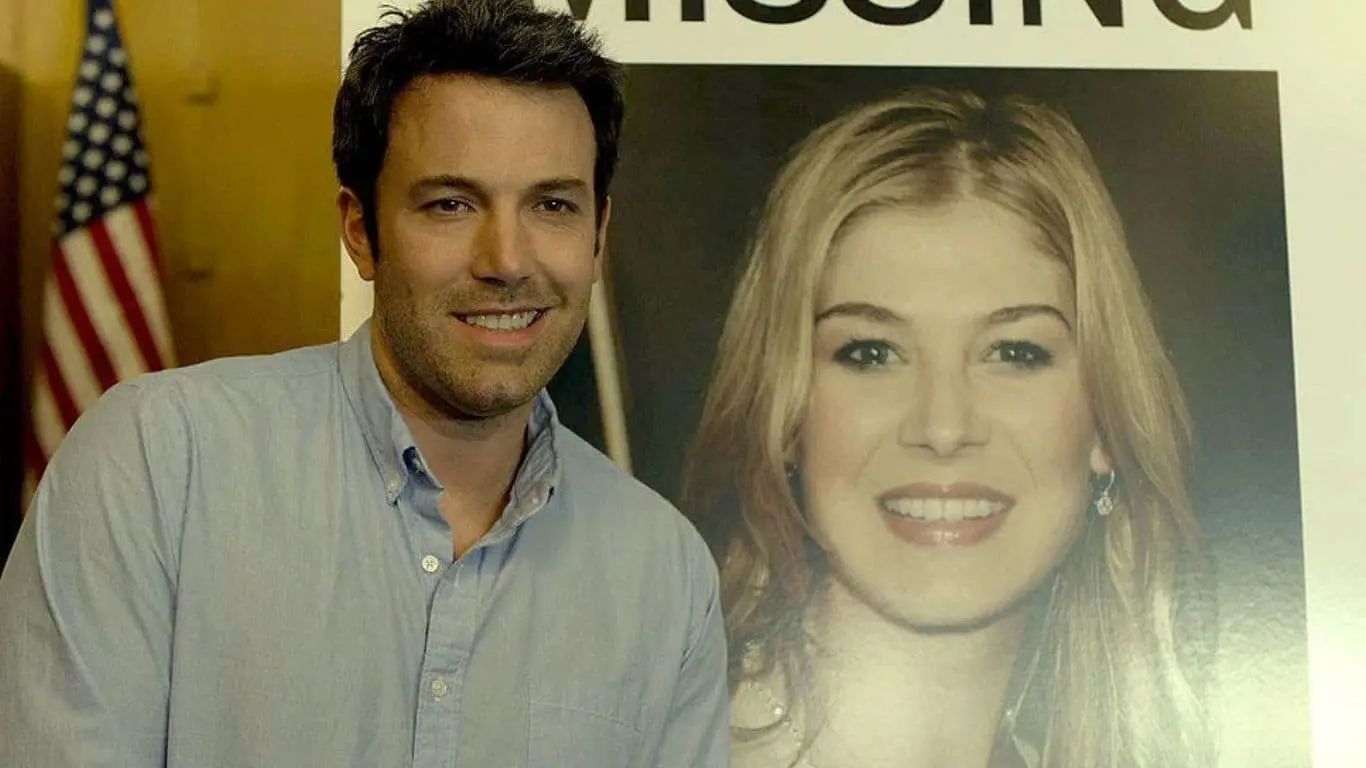
Gillian Flynn’s gripping psychological thriller “Gone Girl” introduces us to Nick Dunne, whose life is irrevocably altered when his wife Amy goes missing under suspicious circumstances. As the narrative unfolds through alternating perspectives and twisted revelations, Nick’s character becomes increasingly enigmatic, blurring the lines between truth and deception, innocence and guilt.
Flynn skillfully navigates themes of identity, perception, and the dark underbelly of marital relationships, keeping readers on the edge of their seats with each shocking twist and turn. As Nick grapples with the fallout of Amy’s disappearance and the media frenzy that ensues, he becomes a symbol of the unreliable narrator, challenging readers to question their assumptions and confront the complexities of human nature in all its ambiguity and moral ambiguity.
Also Read: 10 Memorable characters from Books Whose Names Begin with ‘L’

